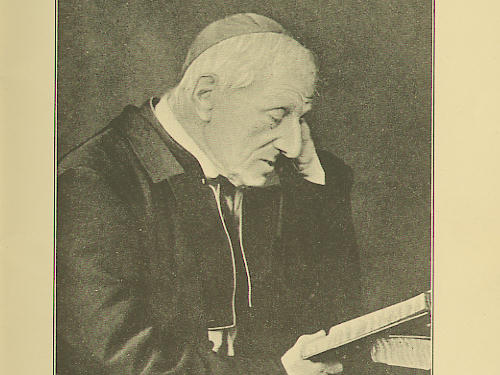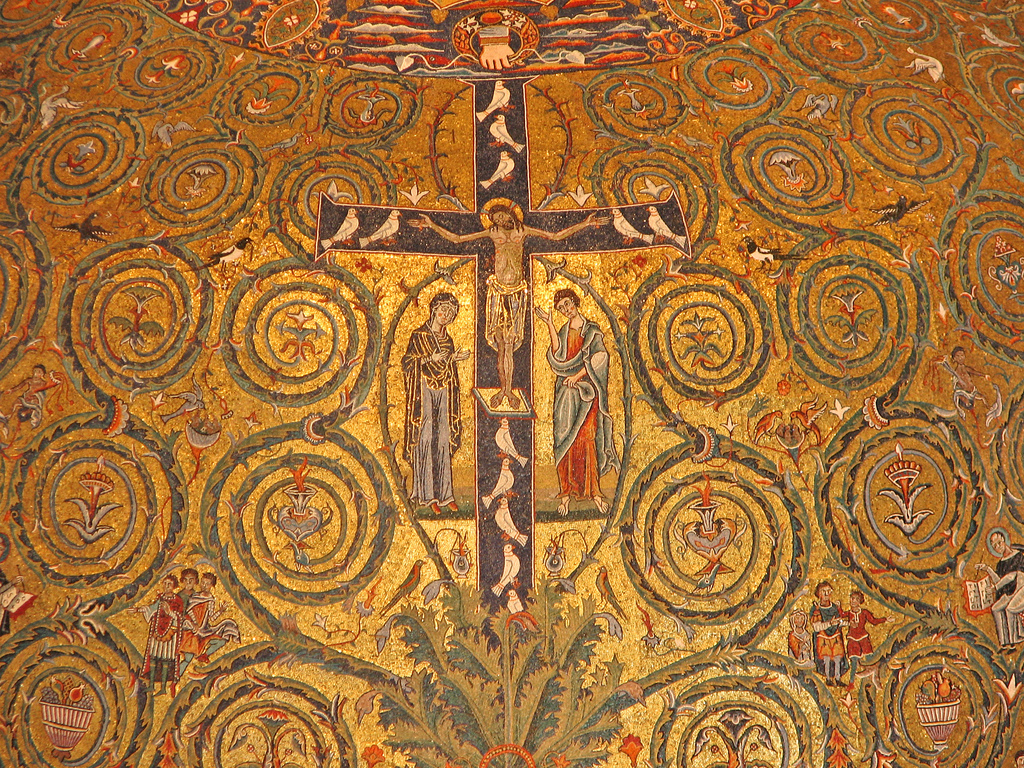 Protestants say we’re saved by faith. Some Catholics say we’re saved by good works.
Protestants say we’re saved by faith. Some Catholics say we’re saved by good works.
But what does the Bible say?
This Sunday’s readings are clear – it’s neither. And it’s both. At the very same time.
First, let’s define our terms. When St. Paul says “works” don’t save us, he is really referring to two things. First of all, he is speaking about the “works” of the Mosaic Law, which include everything from keeping dietary regulations to observing the Ten Commandments. Secondly, he means good actions performed by willpower, without any particular help from God. Paul had thought that rigorous observance of the Law, carrying out its prescribed works, was the key to making a person right with God. But his attempts to observe the law met with frustration (see Romans 7:15-24). The Law made him aware of God’s will but did not enable him to carry it out. “I cannot even understand my own actions. I do not do what I want to do but what I hate . . . what a wretched man I am!” His attempts at outward observance didn’t change his heart. In fact his heart was so far from God that he cruelly persecuted the followers of Jesus, looking on in approval as St. Stephen was stoned to death.
In Romans 3:23 St. Paul lays it out: we have all sinned seriously. None of us, on our own steam and by our own merits, can ever do enough to earn God’s favor. So God has fixed the problem – he gives us his favor as a free, undeserved gift in response to the sacrifice of Jesus His son. We become pleasing to him, reconciled to him, not by our own efforts but by the cross of Christ. We receive this gift through the act of faith. So we are saved by faith, not by the works – at least not by the works of the Mosaic Law, done by our own strength.
So the faith camp wins? Not so fast. Let’s take a closer look at what the Bible means by faith.
Many people think that faith is belief. Belief that God exists . . . that Jesus is the son of God . . . that Jesus rose from the dead. Intellectual assent to all these truths is of course important, and is an indispensable part of the act of faith. Such belief often leads to religious actions – the hanging of crucifixes in our home, the wearing of medals, the recitation of prayers. These acts of piety are also good.
But Sunday’s gospel says that mere belief and acts of piety are not enough to save us. Those rejected by God in Matt 7:21-23 clearly “believed” in Jesus – in fact they prophesied and worked miracles in Jesus’ name. Perhaps they also said novenas in his name. But he said to them “out of my sight, you evil doers.” One of the strongest lines in the gospels provides an explanation: “None of those who cry out, ‘Lord, Lord’ will enter the kingdom of God but only the one who does the will of my Father in heaven.”
Biblical faith is not just belief. It is surrender. It is a complete entrusting of oneself to God in Christ and acceptance of his power, his will, and his plan. If we truly say yes to Him and let his grace into our hearts, we’ll never be the same. His love begins to work through us and change our lives. His Spirit takes up residence within us, giving us the strength to do what we could never do on our own, even to begin to love like He loves.
So true biblical faith is not passive. It is active, dynamic, and alive. That’s why St. James says that faith without works is dead (James 2:24-26). Abraham believed that an unknown God was calling him to leave civilization and march into the desert to find a land that this God has promised him. Abraham did not sit and contemplate this call or set up a shrine to this God. He got up and began walking (Genesis 12).
So we are justified by faith, if we mean the authentic biblical faith that causes us to walk in God’s ways. And we are justified by works, if we mean the works of charity that can only flow from faith and grace.
So really, it’s not faith vs. works. It’s faith that works.
Copyright 2011 Marcellino D’Ambrosia, Ph.D.



